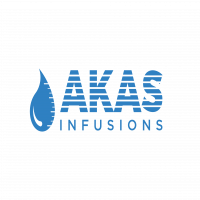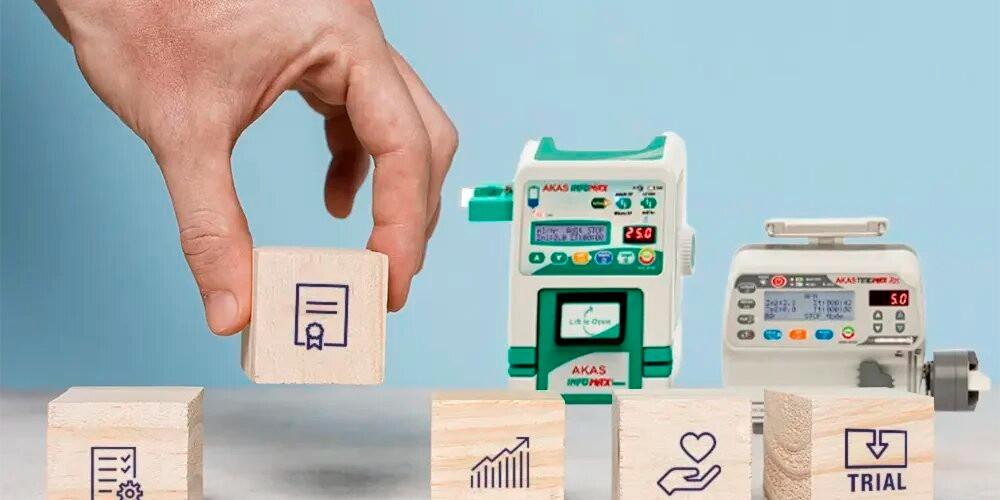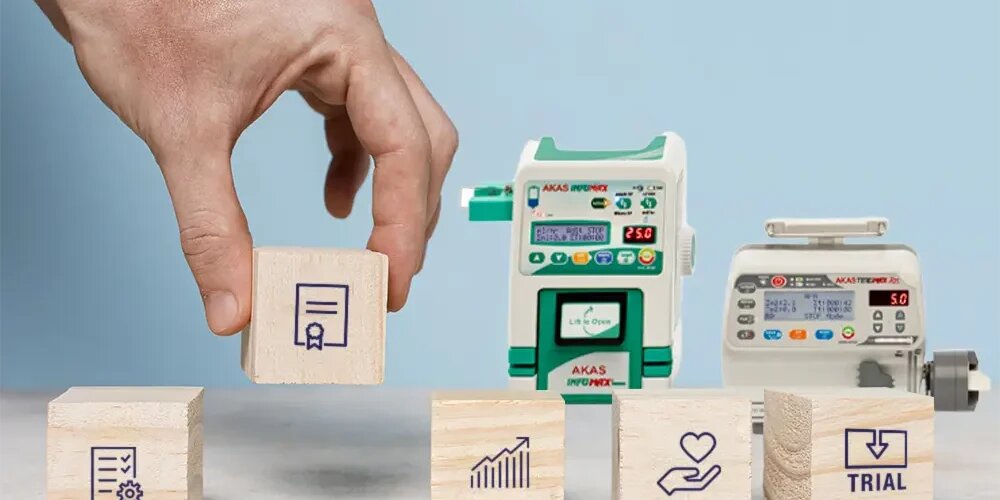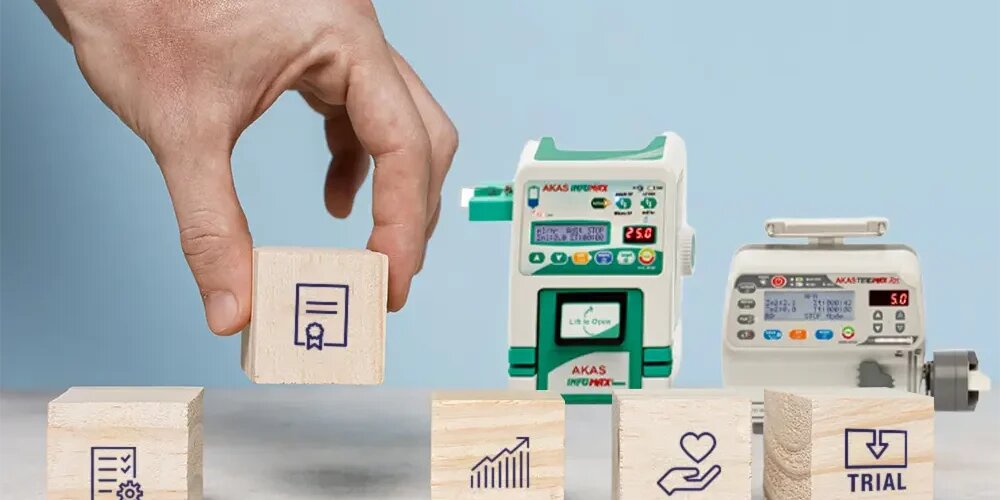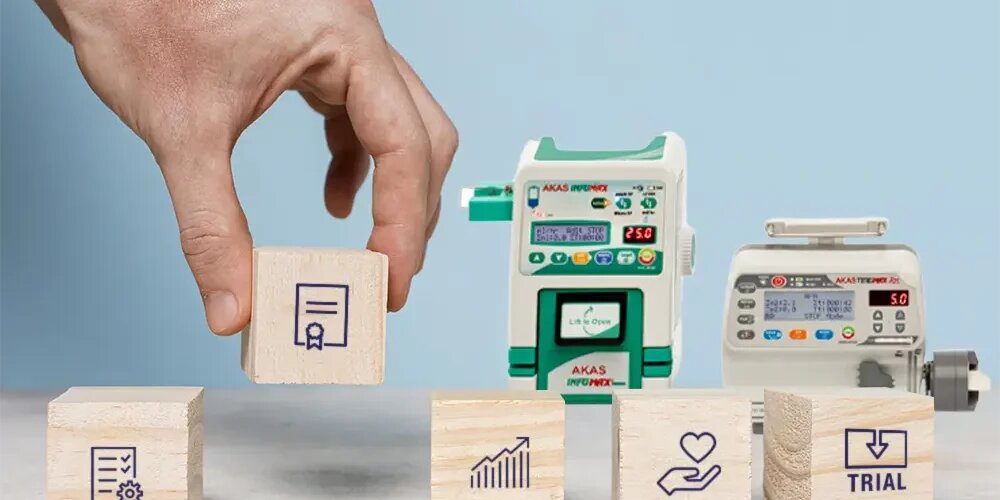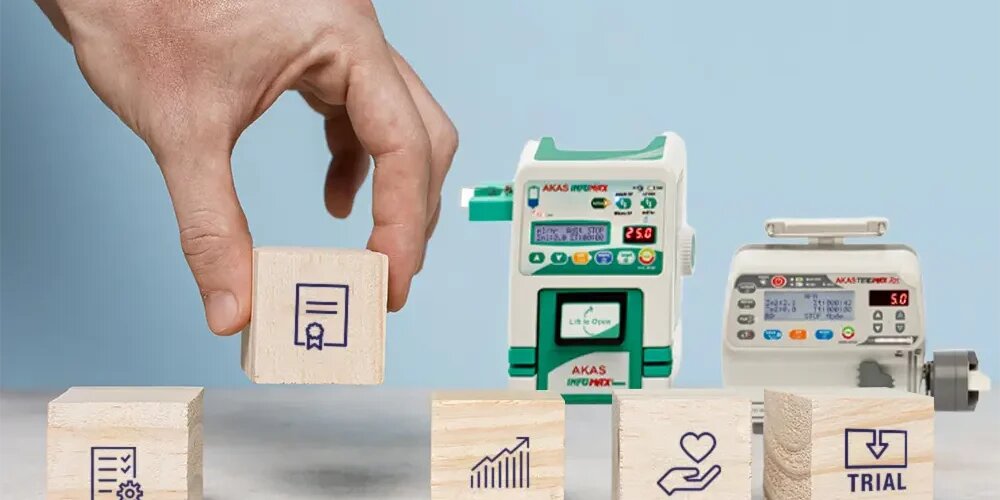Questions to Ask Before Buying a Fluid Warmer Machine
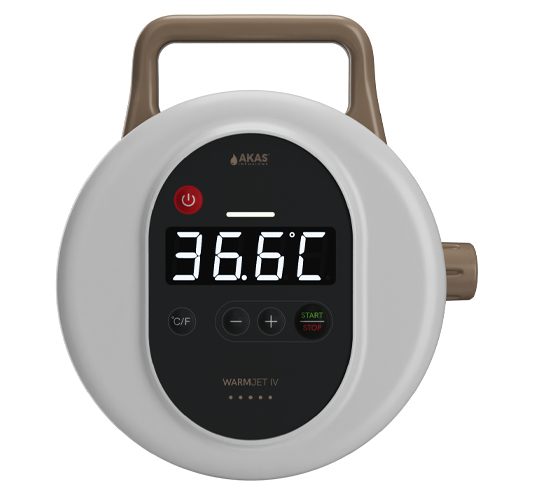
Strong 8k brings an ultra-HD IPTV experience to your living room and your pocket.
Introduction
In today’s critical care environments, thermal regulation is more than a clinical preference—it is a life-saving necessity. Whether used in the ICU, operating theatre, or emergency unit, a Fluid Warmer Machine plays a vital role in preserving patient normothermia. However, not all Fluid Warmers offer the same performance, safety, or integration capacity.
Before committing to a purchase, hospital administrators, procurement heads, and clinical teams must ensure they are choosing the right device for their facility’s needs. Asking the right questions can protect patient safety, secure better ROI, and ensure compatibility with existing hospital workflows.
Key Questions to Ask Your Fluid Warmer Supplier
1. Is the Fluid Warmer Machine compliant with global safety standards?
Look for certifications such as CE, IEC, and FDA approval.
Compliance ensures the device meets international safety and electrical insulation guidelines.
NABH-accredited hospitals should confirm Indian regulatory approvals too.
2. What temperature range and control accuracy does the machine offer?
Confirm if the machine maintains consistent heat between 37°C and 42°C.
High precision minimises risks of hypothermia or fluid overheating.
Digital controls and alarms are useful for monitoring accuracy.
3. Is the device suitable for multiple fluid types, including blood products?
Not all Fluid Warmers are designed for blood transfusions.
Check for haemolysis prevention and transfusion-safe features.
Compatibility with saline, plasma, and IV medications should be verified.
4. What warming method is used — dry heat, water bath, or inline?
Dry heat models often require less maintenance and are easier to transport.
Water bath systems may be less ideal due to infection control risks.
Inline warmers heat fluids during flow, offering immediate application.
5. Is the machine compatible with existing IV sets, infusion pumps, or syringe pumps?
Ask if the Fluid Warmer Machine supports standard tubing or requires proprietary disposables.
Compatibility with syringe and infusion pumps ensures seamless therapy delivery.
Consider devices that allow quick setup in emergency or OT settings.
6. What are the average heat-up time and flow rate?
Rapid warming in under 30 seconds can make a difference in trauma situations.
Higher flow rates are ideal for critical transfusion or massive fluid resuscitation.
Verify performance through clinical use case data, not just specifications.
7. Is the device portable or mountable for use in ambulances and field operations?
Portable Fluid Warmers are crucial for pre-hospital emergency care.
Ask if the device is shock-resistant and battery-operated.
For fixed installations, check compatibility with infusion trolleys or IV poles.
8. What kind of safety alarms and failsafe mechanisms are built-in?
Over-temperature protection is essential to prevent accidental patient burns.
Alarms should notify the user of low fluid temperature or device malfunctions.
Passive fail-safes should automatically shut off heat when not in use.
9. What is the machine’s expected lifespan and maintenance cycle?
Consider devices with durable construction and minimal servicing requirements.
Ask about the ease of replacing parts like heating elements or sensors.
Annual calibration and servicing schedules should be clearly documented.
10. Are training and technical support included after purchase?
Choose a supplier who provides hospital-grade training and demos.
Post-sale technical assistance should be responsive and regionally available.
Availability of manuals, video support, and documentation is essential for hospital engineers.
11. Can the device store or log usage and temperature history?
Data-logging features are important for audits, especially in accredited hospitals.
Digital interfaces that record usage can help assess performance trends.
This supports compliance with internal hospital protocols and national regulations.
12. Is the Fluid Warmer Machine energy-efficient for long-term use?
Energy-saving models reduce operational costs and carbon footprint.
Consider standby features or intelligent heating controls to minimise waste.
Hospitals focused on sustainability should ask for energy certifications.
13. What warranty and service terms are included in the purchase?
A standard warranty should cover at least one to two years of use.
Confirm if AMC (Annual Maintenance Contract) options are available.
Ask whether service engineers can visit your site or if devices need to be shipped.
14. How quickly can spare parts or consumables be delivered to your location?
Timely access to parts ensures uninterrupted patient care.
Ask if the supplier has a dedicated distribution channel near your hospital.
Delays in replacement components could pose operational risks.
15. Does the supplier offer trial units or demonstrations before purchase?
In-field trials allow clinical teams to assess usability and fit.
Ask for a demo period to test the Fluid Warmer Machine in real scenarios.
This is especially valuable when rolling out devices across multiple departments.
Conclusion
A well-chosen Fluid Warmer Machine can significantly improve patient safety, streamline clinical workflows, and support modern standards of care. With multiple options in the market, asking the right supplier questions can protect your investment and enhance overall hospital performance.
Akas Infusion, currently the largest manufacturer, aims to become the global leader in Syringe and Infusion Pumps. Their commitment to innovation, patient safety, and device compatibility makes them a preferred partner for healthcare facilities seeking dependable, high-performance solutions.
Hospitals, clinics, and emergency care providers should approach procurement with clarity, ensuring that every question leads to a better outcome for the patients they serve.
Note: IndiBlogHub features both user-submitted and editorial content. We do not verify third-party contributions. Read our Disclaimer and Privacy Policyfor details.

